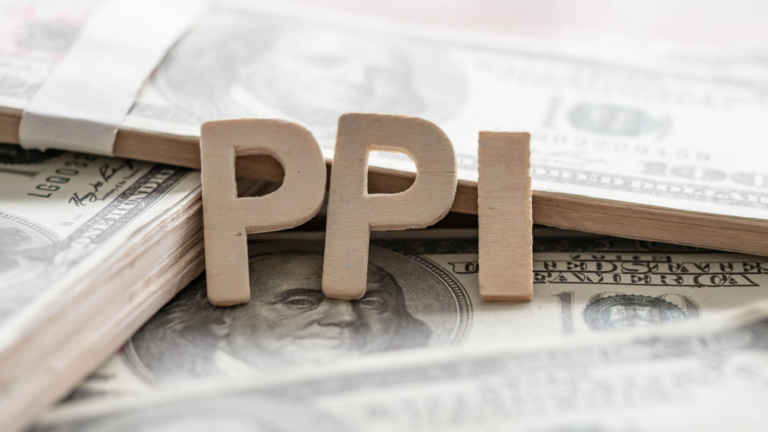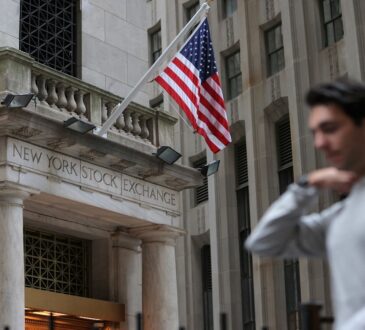

Source: K.unshu / Shutterstock.com
Stock market crash fears are being stoked following the release of a hotter-than-forecasted Producer Price Index (PPI) inflation report. Indeed, most major indices are in the red following the release of today’s crucial inflation data.
Wholesale inflation jumped 0.6% in February, double the expected 0.3% monthly increase as well as the 0.3% increase recorded in January. On an annual basis, inflation climbed to 1.6%, the highest reading since September.
The core PPI, which excludes the volatile Food and Energy categories, rose 0.3% in February, slightly outpacing estimates for a 0.2% acceleration. Excluding trade services, inflation climbed 0.4% in February, below the 0.6% increase in January but hotter than estimates for a 0.2% uptick.
Energy costs soared 4.4% in February, proving to be the primary driver of headline inflation last month.
Today’s report further validates Tuesday’s Consumer Price Index (CPI) report, which also came in hotter than forecasted, albeit slightly. The February CPI put inflation at an annual pace of 3.2%, compared to 3.1% expected.
The PPI measures wholesale prices that producers pay, unlike the consumer-focused CPI. However, notable changes in wholesale prices tend to eventually be passed on to consumers. As such, today’s report confirms the notion that prices may not be easing at the rate many had hoped and suspected.
What Does Today’s PPI Report Mean for a Stock Market Crash?
Both the S&P 500 and Nasdaq Composite are in the red Thursday, both down about 0.3%. This downtick erases much of the gains equity markets made this week. Indeed, the S&P was up about 0.8% heading into today.
For a Wall Street eager for rate cuts, this week’s inflation data does little to help the cause. With prices proving more stubborn than expected in the final leg of the war on inflation, the Federal Reserve will likely hold off on cutting rates for at least the next two or three policy meetings.
“The hotter than expected PPI print indicating that wholesale prices are edging higher could put more pressure on equity markets going into the March 20 Fed meeting,” noted Quincy Krosby, Global Strategist for LPL Financial. “For the data dependent Fed, this report isn’t helpful for a market that demands a 2024 rate cut.”
If you recall, Fed Chair Jerome Powell has repeatedly offered notice that members of the central bank want to see “more good data” before opting to lower interest rates. Unfortunately, today’s PPI report likely won’t check the box in that regard.
On the date of publication, Shrey Dua did not hold (either directly or indirectly) any positions in the securities mentioned in this article. The opinions expressed in this article are those of the writer, subject to the InvestorPlace.com Publishing Guidelines.

